The dark web, a segment of the internet accessible only through specialized anonymizing tools like Tor, hosts forums that serve as hubs for discussions ranging from cybersecurity research to illicit trade. These platforms, often shrouded in controversy, attract users seeking privacy, niche expertise, or underground markets. While some forums facilitate legitimate discourse on digital rights and encryption, others operate as marketplaces for illegal goods, hacking services, or stolen data. For professionals, educators, and entrepreneurs, understanding this ecosystem can offer insights into cybersecurity challenges, privacy trends, and the unintended consequences of decentralized networks. Below is an analysis of seven notable forums, their operational models, and the risks they pose.
1. The Hub

Established in 2013, The Hub remains one of the longest-running dark web forums. Originally designed as a community for hackers and cybersecurity enthusiasts, it has evolved into a moderated platform hosting debates on malware development, zero-day exploits, and ethical hacking. The forum enforces strict rules to minimize spam and scams, requiring users to submit detailed applications before gaining access. Sections dedicated to tutorials and threat intelligence are particularly popular among security professionals seeking to understand adversarial tactics.
However, the forum’s reputation is tarnished by its association with cybercriminal activity. Discussions occasionally pivot to selling stolen credentials or ransomware-as-a-service (RaaS) offerings. Administrators claim to police content, but enforcement is inconsistent, leaving users vulnerable to phishing attempts or malicious code embedded in posts.
2. Dread
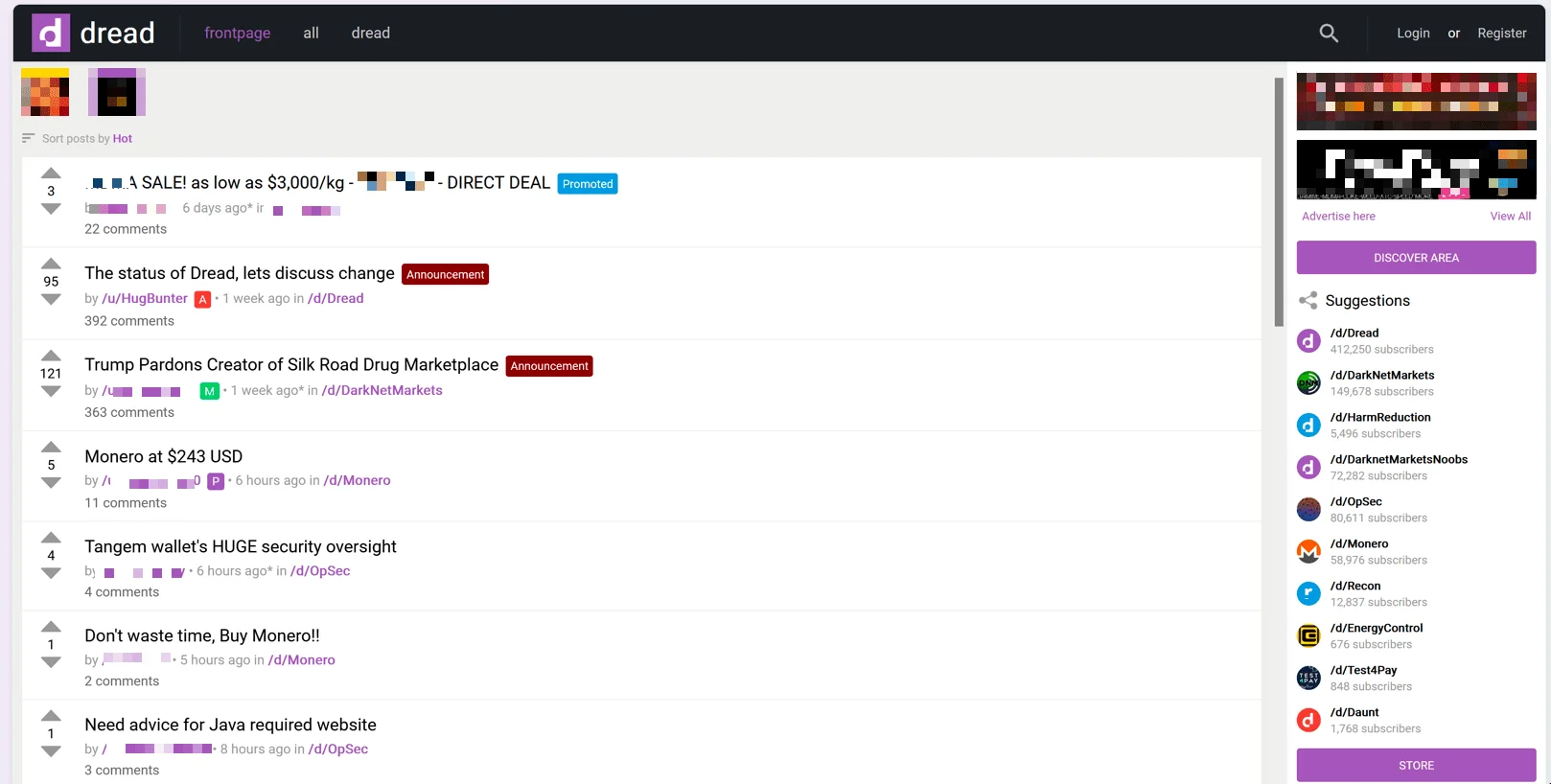
Often described as the “Reddit of the dark web,” Dread operates on the Tor network and hosts threads on politics, technology, and dark web culture. Unlike marketplaces, Dread focuses on text-based discussions rather than direct transactions. Its open registration policy and user-generated subforums have fostered a diverse community, though moderation remains decentralized and reactive.
For educators and developers, Dread provides a unique case study in self-governed online spaces. Threads about encryption, cryptocurrency, and surveillance resonate with privacy advocates. Yet, its lack of stringent identity verification has made it a breeding ground for misinformation and extremist rhetoric. Users must navigate the platform with caution, as links shared in posts often lead to malicious sites.
3. Hydra Market
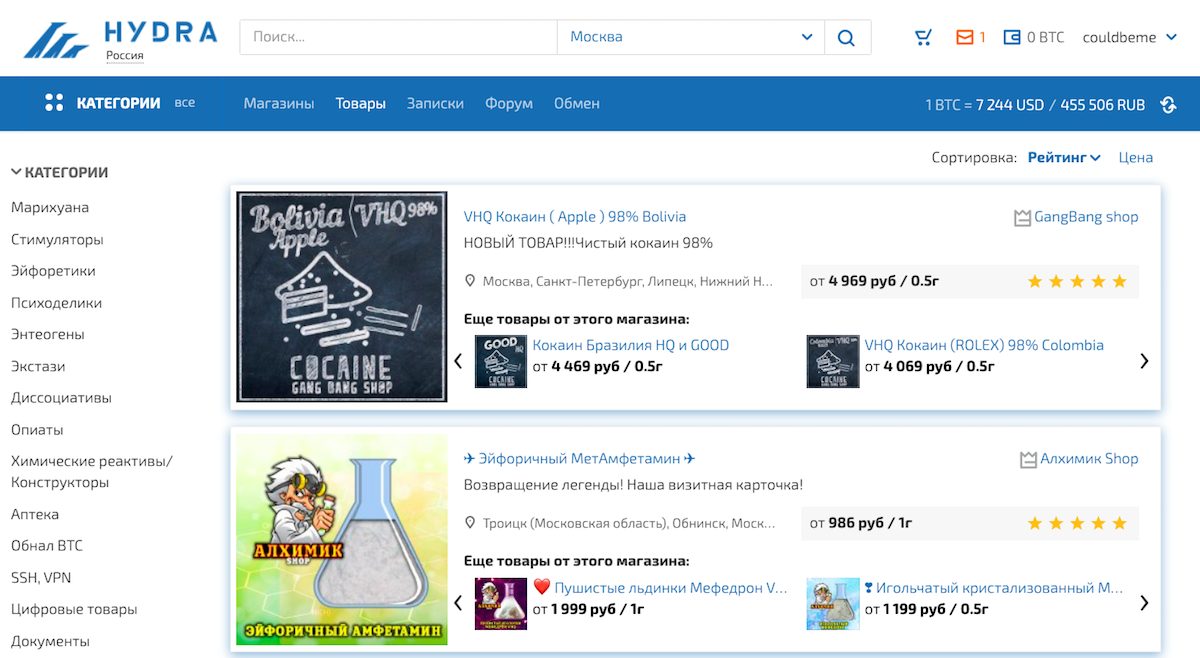
Prior to its seizure by German authorities in April 2022, Hydra Market was the largest darknet marketplace, primarily serving Russian-speaking users. It specialized in drug trafficking, counterfeit documents, and stolen financial data, generating an estimated $1.35 billion annually in Bitcoin transactions. Despite its criminal reputation, Hydra’s structured vendor ratings and escrow system mirrored legitimate e-commerce practices.
The forum section of Hydra was less notorious but equally revealing. Vendors and buyers discussed logistics, evasion tactics, and cryptocurrency arbitrage. The platform’s collapse highlighted the vulnerability of dark web marketplaces to law enforcement, though clones like Mega have since emerged.
4. White House Market (WHM)
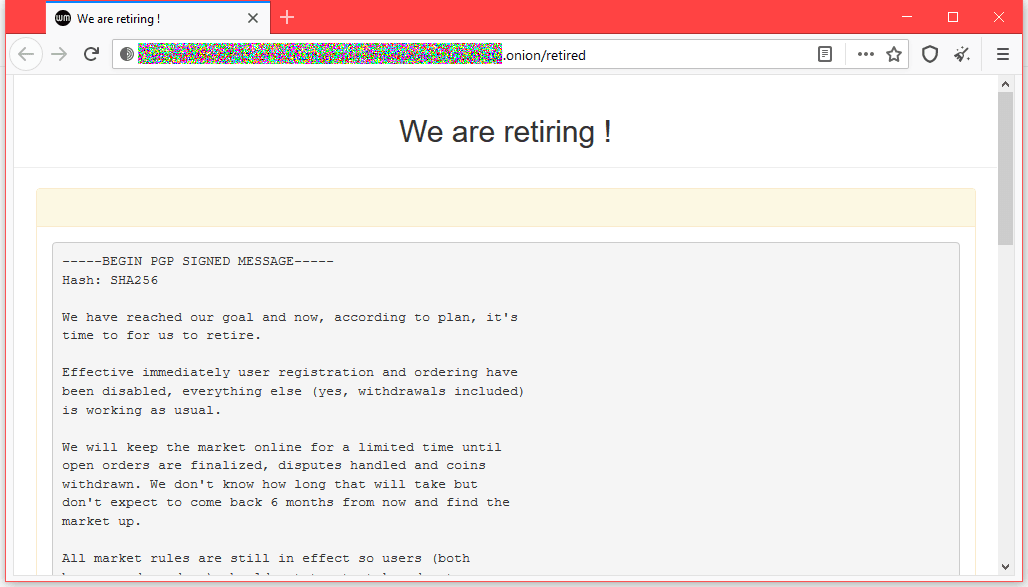
Active until 2021, White House Market gained notoriety for its user-centric design and commitment to anonymity. It allowed vendors to sell drugs, malware, and hacking services while implementing robust security measures, such as multi-factor authentication and PGP encryption. WHM’s administrators positioned it as a “trustworthy” alternative to other marketplaces, but in July 2021, the site conducted an exit scam, absconding with 8 million Euros worth of Bitcoin from users’ accounts.
For entrepreneurs, WHM’s rise and fall illustrate the precarious balance between trust and fraud in decentralized commerce. Its exit scam underscored the inherent instability of dark web marketplaces, where operators can exploit their own systems.
5. Exploit.in
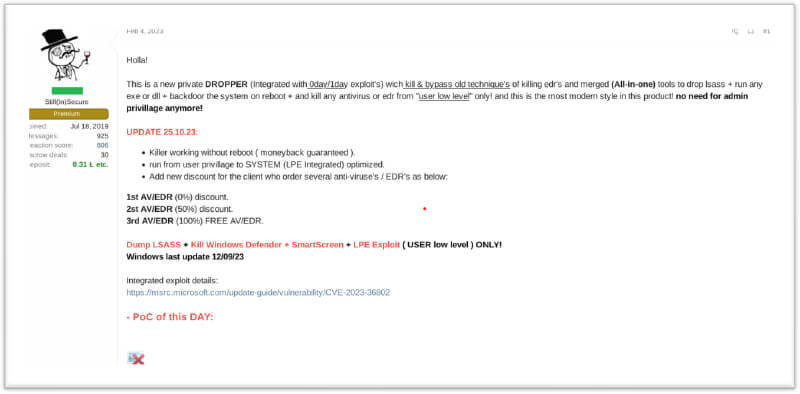
A staple among cybersecurity professionals, Exploit.in focuses on technical discussions around penetration testing, malware analysis, and system vulnerabilities. The forum’s Russian and English sections host detailed threads on exploits like EternalBlue and methods to bypass anti-virus software. Unlike Hydra or WHM, Exploit.in avoids overt criminal activity, instead emphasizing skill-sharing and peer review.
However, the line between education and exploitation is thin. Many tools discussed on Exploit.in, such as DDoS scripts or phishing kits, can be weaponized. The site’s administrators enforce a code of conduct, but the availability of open-source hacking frameworks like Metasploit in its repositories raises ethical concerns. For developers, it’s a double-edged sword—offering cutting-edge knowledge while inadvertently fueling cybercrime.
6. Diabolus Market
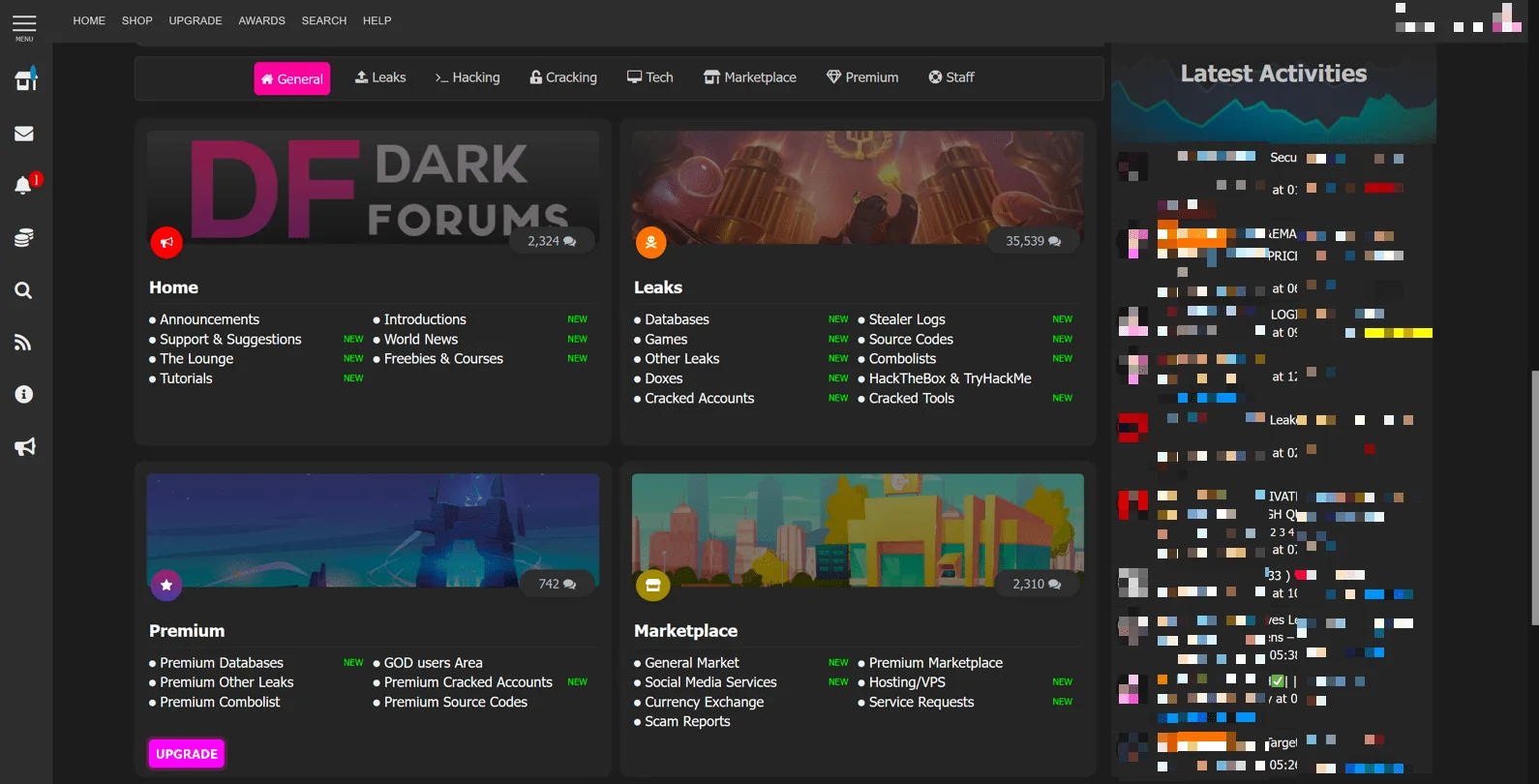
Operating from 2021 onward, Diabolus Market caters to users in Europe and North America, offering a curated selection of illegal goods, including counterfeit passports and pirated software. Unlike Hydra, which targeted a specific demographic, Diabolus prides itself on multilingual support and a “customer satisfaction” ethos, complete with refund policies for failed transactions.
The forum’s affiliated discussion board, Diabolus Talks, hosts debates on cryptocurrency privacy tools (e.g., Monero wallets) and law enforcement countermeasures. Freelancers might find parallels between Diabolus’s affiliate programs and black-hat SEO schemes, both leveraging commissions to incentivize recruitment. However, the platform’s association with identity theft makes it a liability for any professional exploring its depths.
7. Monopoly Market
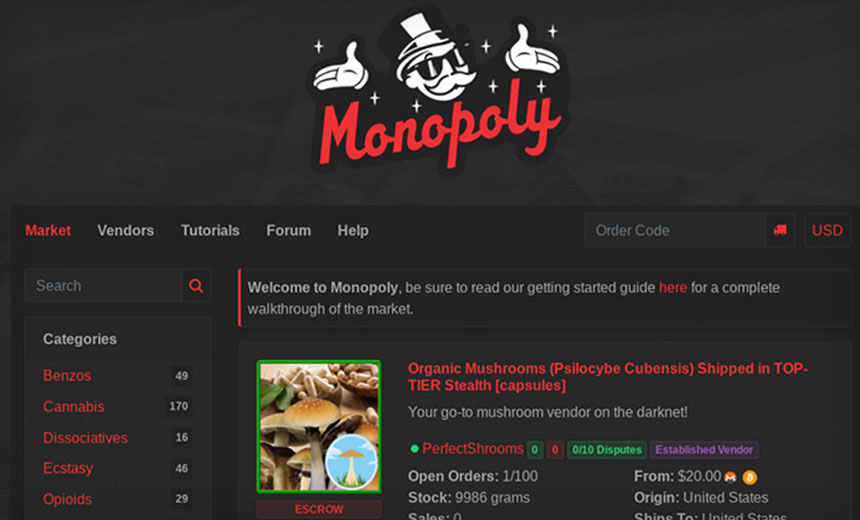
Launched in 2021 as a successor to defunct marketplaces, Monopoly Market rapidly became a dominant player in dark web commerce. It offers a wide array of products, from drugs to stolen Netflix accounts, and employs a “vendor locker” system to reduce fraud. Transactions are conducted via Bitcoin, Monero, or Litecoin, with the platform taking a commission of 2–5% per sale.
For remote workers and developers, Monopoly’s infrastructure is a case study in decentralized commerce. Its use of automated escrow services and reputation algorithms mirrors mainstream platforms like eBay. Yet, the market’s reliance on cryptomixers and bulletproof hosting services exposes users to additional risks, including transaction tracking and wallet compromises.
8. RaidForums
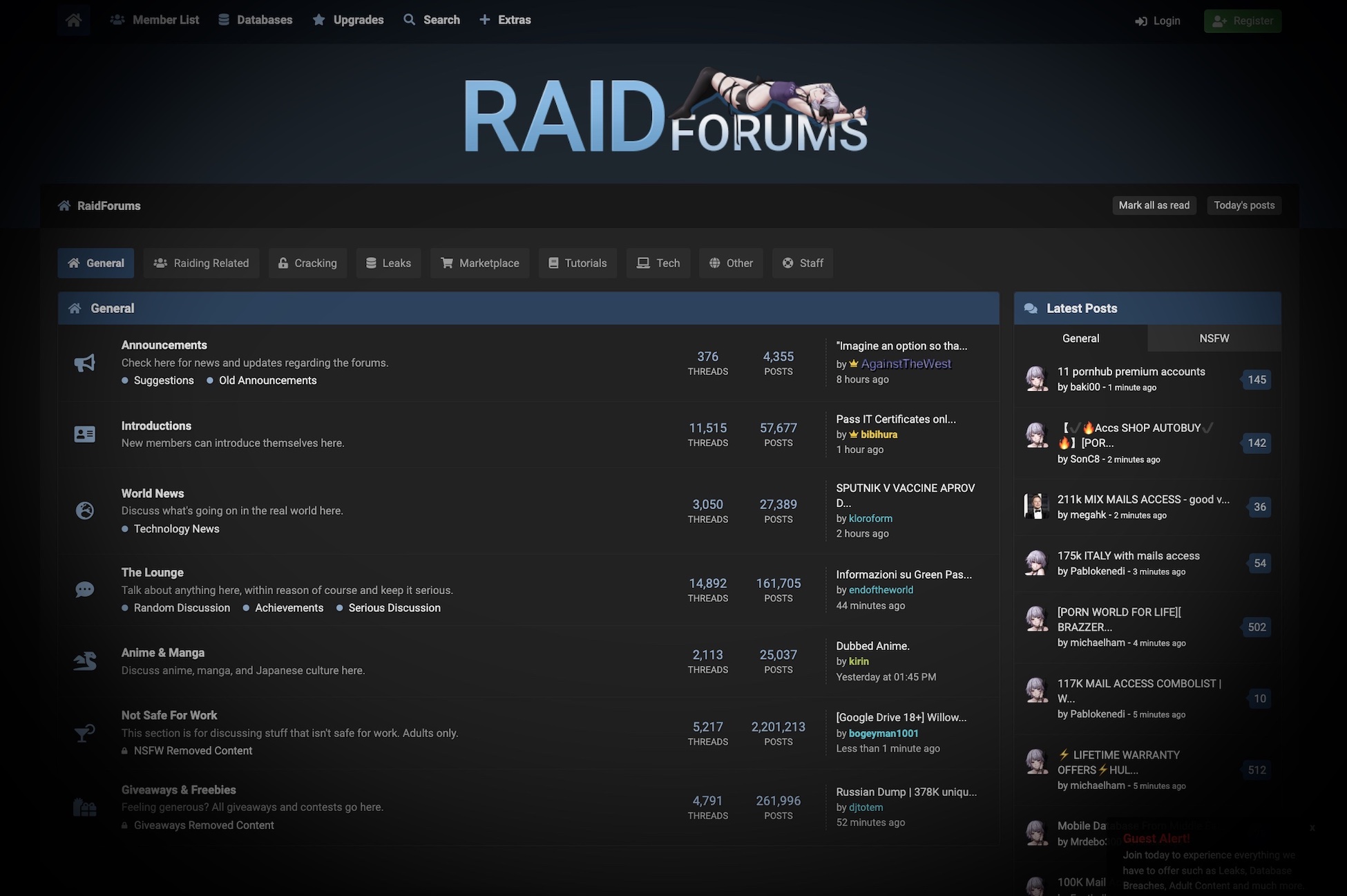
Once one of the most infamous English-speaking forums, RaidForums became known for hosting large-scale database leaks and breach discussions. Users would trade, sell, or simply share stolen data, making it a go-to destination for cybercriminals. While its main site has faced repeated takedowns, clones and spinoffs continue to emerge.
Primary topics: Data leaks, breach discussions, hacking methods.
Caution: Much of its content is illegal in most jurisdictions.
9. Nulled
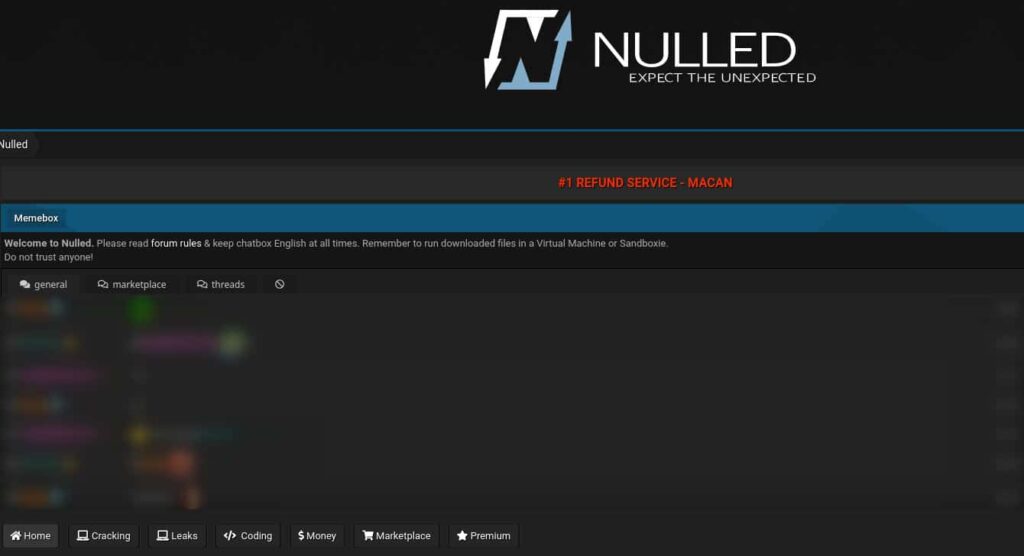
Nulled is a massive underground community with millions of members, primarily discussing exploits, pentesting tools, and malware. It has a strong focus on sharing “nulled” software—applications stripped of licensing protections—which is why it’s popular with software pirates and black-hat hackers.
Primary topics: Cracked software, hacking guides, leaked accounts.
Caution: Many downloads are bundled with malware.
10. Altenen
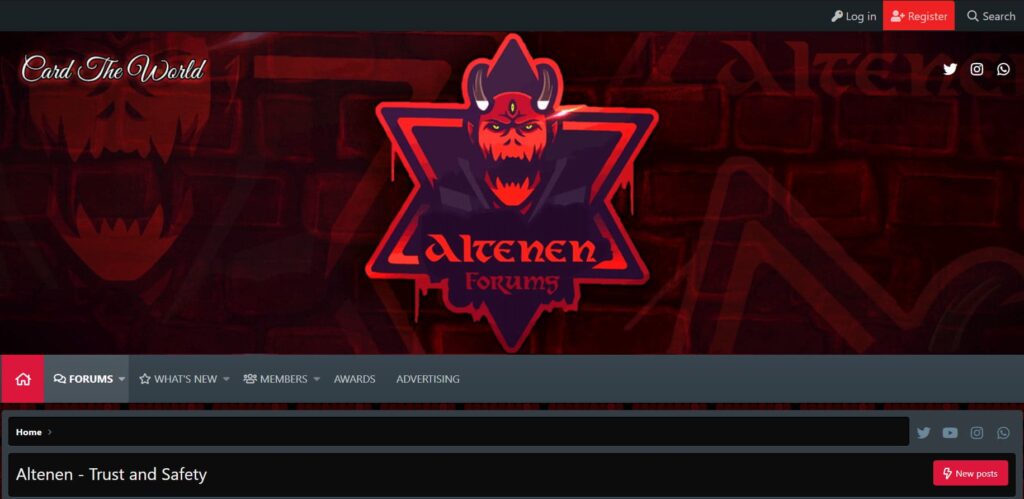
Focused primarily on financial fraud, Altenen is a carding forum where members exchange stolen credit card data, dumps, and step-by-step fraud tutorials. It’s notorious for scams even among its own users—proof that there’s no honor among thieves.
Primary topics: Credit card fraud, fake ID creation, phishing kits.
Caution: Nearly every activity here is illegal.
11. CryptBB
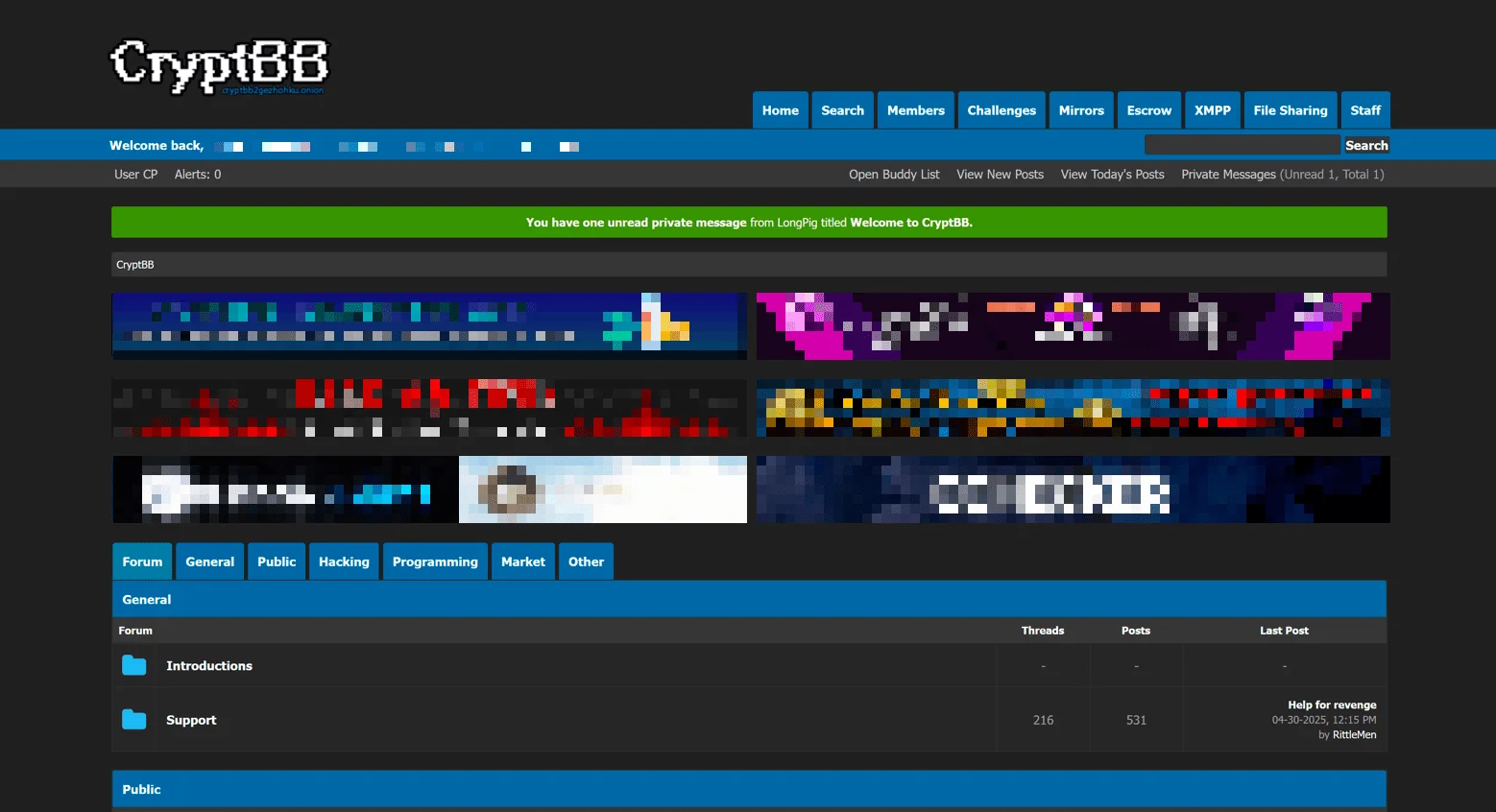
One of the more technically interesting dark web forums, CryptBB emphasizes security and encryption. It’s designed to be fully encrypted end-to-end, with private conversations protected by strong cryptography. Despite this security focus, the forum still hosts illegal trade and cybercrime discussions.
Primary topics: Cybersecurity, hacking, privacy tools, marketplace trades.
Caution: Invite-only in many cases, with strict vetting.
12. FreeHacks
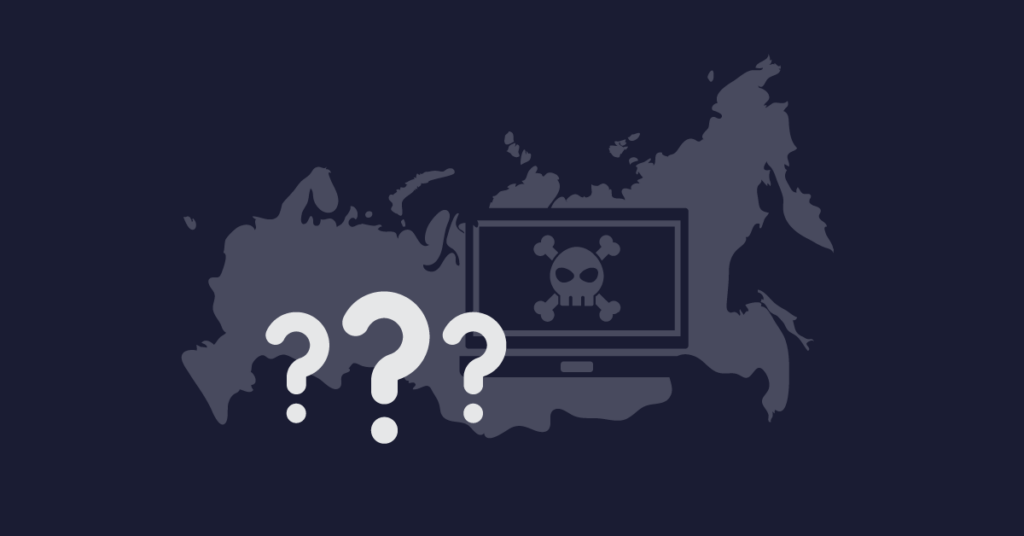
Based in Russia, FreeHacks is a broad hacking community that’s been active for over a decade. Its members share tutorials on everything from DDoS attacks to bypassing two-factor authentication. The forum also runs its own set of underground services.
Primary topics: DDoS tools, phishing methods, carding, social engineering.
Caution: Heavy focus on illegal hacking activities.
Security and Legal Risks
Navigating dark web forums demands rigorous precautions. Users should never engage without a trusted virtual private network (VPN) and a dedicated, anonymized device. Even moderated platforms like The Hub or Dread harbor malicious actors; phishing scams and malware downloads are common. Additionally, law enforcement agencies frequently infiltrate these forums, either through honeypots or by analyzing transaction metadata.
Legally, accessing these forums in certain jurisdictions can result in scrutiny or prosecution. For instance, the U.S. Computer Fraud and Abuse Act criminalizes unauthorized access to protected systems, even if no explicit harm occurs. In contrast, some countries permit dark web research under academic or journalistic exemptions. Educators advising students on cybersecurity should emphasize the ethical gray areas and potential legal repercussions of engaging with these spaces.
Ethical and Professional Considerations
Dark web forums present unique opportunities for professionals in cybersecurity and digital forensics. Monitoring activity on platforms like Exploit.in can reveal emerging threats, while studying marketplaces like Monopoly Market provides insights into underground economies. However, ethical boundaries must be maintained. Engaging in transactions or downloading content—even for research—can violate laws or institutional policies.
Freelancers and entrepreneurs should approach these forums with skepticism. While they may uncover niche trends, such as demand for anti-surveillance tools, replicating dark web services in legitimate markets requires careful adaptation. For example, the escrow systems used by WHM and Monopoly could inspire fintech innovations, but their lack of regulation highlights the necessity of compliance frameworks.
The Role of Anonymity and Cryptocurrency
Central to these forums’ existence is the integration of anonymity tools and cryptocurrencies. Tor’s layered encryption allows users to communicate without revealing their IP addresses, while Bitcoin, Monero, and Zcash enable untraceable payments. However, cryptocurrencies are not foolproof; blockchain analysis firms like Chainalysis have traced transactions linked to Hydra and Monopoly Market.
For developers, the dark web serves as a testing ground for privacy protocols. Projects like ZeroNet and Freenet attempt to replicate Tor’s anonymity while decentralizing content storage. Yet, these platforms often struggle with scalability and adoption, remaining marginal compared to dark web forums.
Conclusion
Dark web forums are a paradox: communities that enable both innovation and criminality. For cybersecurity experts, they offer a window into adversarial strategies; for entrepreneurs, they reveal market gaps and risks. However, participation carries significant dangers, from legal exposure to digital threats. As law enforcement adapts to the evolving landscape of online anonymity, these forums will likely continue to shift in structure and purpose.
Professionals across industries must weigh curiosity against caution. Engaging with the dark web, even in a passive capacity, requires robust security measures and a clear understanding of regional laws. By studying these platforms, educators and developers can better prepare for the challenges of a digital ecosystem where privacy and exploitation often coexist.
FAQ
Is it legal to browse dark-web forums?
Yes. Visiting the dark web itself is legal in most countries, but engaging in criminal markets or hacking discussions is not. Always use it only for research or privacy communities.
How can I access dark-web forums safely?
Install the Tor Browser, keep your system updated, and never share personal data. Use a trusted VPN and avoid downloading unknown files.
What are dark-web forums mainly used for?
They host anonymous discussions on privacy, cybersecurity, and underground tech topics. Some are legitimate research hubs, while others focus on illegal trade—so choose carefully.
Can I be tracked while using the dark web?
Tracking is difficult but possible if you expose identifying details or disable Tor’s privacy settings. Stay anonymous by disabling scripts and not logging into personal accounts.
Are there safe communities on the dark web?
Yes, there are forums dedicated to ethical hacking, encryption, and privacy advocacy that don’t allow illegal content.






